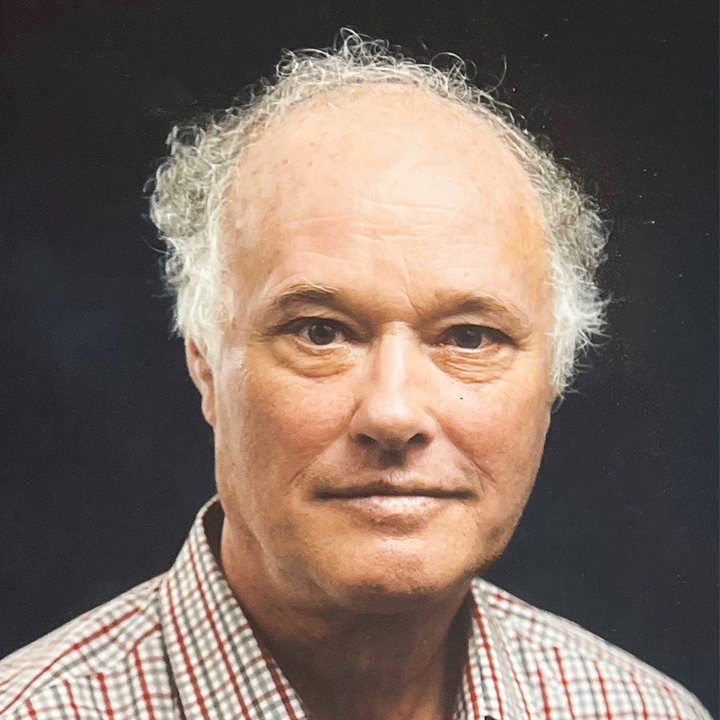- About this researcher
Arthur Burghes, PhD
Professor
Biological Chemistry and Pharmacology

Academic information
- Department: Biological Chemistry and Pharmacology
Research interests
- Human Molecular Genetics
- Neuromuscular Disease
- Spinal Muscular Atrophy
- Gene Therapy
About
Biography
The Burghes Laboratory is focused on understanding how reduced SMN ( Survival Motor Neuron) protein levels give rise to Spinal Muscular Atrophy (SMA). Increasing SMN protein using gene therapy, small molecule drugs and antisense oligonucleotides ameliorates SMA in cell culture, mouse models and humans. The Burghes laboratory was heavily involved in the development of these FDA approved therapies. Yet, the particular function of SMN that is disrupted remains unknown. To study the biological pathway altered by loss of SMN, the lab has used transgenic mice, pigs, and cell culture to study proteins that are known to physically interact with SMN. These studies will give genetic evidence for the critical pathway and genes disrupted by SMN deficiency.
Currently we are using long-range Oxford Nanopore sequencing techniques to study genetic variation in discordant SMA sibling pairs with identical SMN2 copy numbers. Bioinformatic pipelines and novel methods of variant analysis are used to identify genetic modifiers of SMA severity in humans. Understanding the basic mechanism of SMA and SMN loss can lead to the identification of new therapeutic targets, which can then be tested in the Delta7 SMA mouse model and eventually translated to the clinic. In addition, the lab is developing next-generation gene therapy for SMA through modification of the SMN2 gene using CRISPR technology. The Burghes Lab has expertise in the cloning of the SMN gene, transgenic mouse model creation and the development of therapeutics, including gene replacement therapy for SMA.
Credentials
Education
- PhD
-
University of London, London, England
1/1/1980 - 12/31/1984 - Bachelor of Science
-
University of Calgary, Alberta, Canada
1/1/1980 - 12/31/1984
Research
Research interests
- Human Molecular Genetics
- Neuromuscular Disease
- Spinal Muscular Atrophy
- Gene Therapy
Chief Research Officer, Gene Therapy Institute
A timeline of gene therapy research at Ohio State:
- 1995: The Survival Motor Neuron (SMN) gene was discovered as the cause of SMA.
- 2000: I led an Ohio State team who published a report of the first animal model of SMA.
- 2005: I led an Ohio State team who published the most commonly used animal model of SMA
- 2001: Researchers from Ohio State and Nationwide Children’s Hospital first showed the ability of gene therapy to rescue the phenotype in SMA mice. The SMA mice usually lived for two weeks; after treatment, they lived up to 500+ days. This was the first dramatically effective therapy in spinal muscular atrophy in a preclinical study.
- 2010: The first antisense oligonucleotide therapy studies were published.
- 2013-2015: The Ohio State team developed a pig model of SMA and showed that gene therapy could prevent SMA symptoms in a large animal model.
- 2016: The Food and Drug Administration (FDA) approved SPINRAZA, an antisense oligonucleotide therapy.
- 2017: Results of the first-in-human clinical trial of gene therapy for SMA were published by a team of researchers at Nationwide Children’s and Ohio State.
- May 2019: The FDA approved gene therapy Zolgensma (onasemnogene abeparvovec-xioi), which uses adeno-associated virus subtype 9 to deliver the SMN gene to SMA patients.
ORCID ID: 0000-0001-9031-1555
